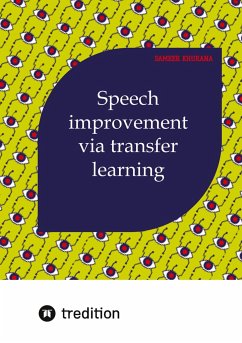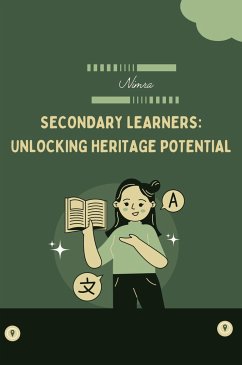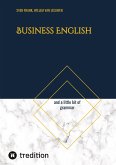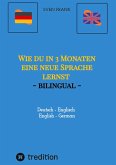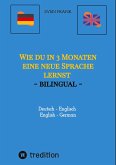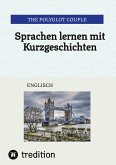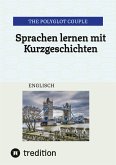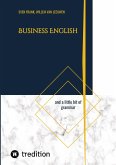This book develops transfer learning paradigms for spoken language processing applications.In particular, we tackle domain adaptation in the context of Automatic Speech Recognition (ASR) and Cross-Lingual Learning in Automatic Speech Translation (AST). The first part of the book develops an algorithm for unsupervised domain adaptation of End-to-End ASR models. In recent years, ASR performance has improved dramatically owing to the availability of large annotated corpora and novel neural network architectures. However, the ASR performance drops considerably when the training data distribution does not match the distribution that the model encounters during deployment (target domain). A straightforward remedy is collecting labeled data in the target domain and re-training the source domain ASR model. However, it is often expensive to collect labeled examples, while unlabeled data is more accessible. Hence, there is a need for unsupervised domain adaptation methods. To that end, we develop a simple but effective adaptation algorithm called the Dropout Uncertainty-Driven Self-Training (DUST). DUST repurposes the classic Self-Training (ST) algorithm to make it suitable for the domain adaptation problem.
Bitte wählen Sie Ihr Anliegen aus.
Rechnungen
Retourenschein anfordern
Bestellstatus
Storno

